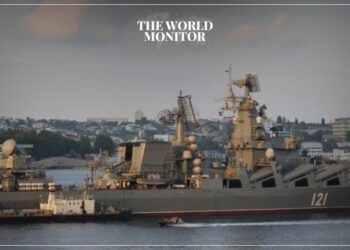The conflict in Sudan is becoming bloodier day by day, with fighting fronts expanding between the capital and the west. Fierce battles rage between the Sudanese army, backed by armed movements, and the Rapid Support Forces near the El Jili oil refinery.
The Rapid Support Forces claimed significant losses inflicted on the army, capturing soldiers and seizing military equipment. The clashes extended to the outskirts of the Nile River state.
In April, the army and its allies from armed movements launched a wide-scale military operation to regain control of the El Jili refinery, after mobilizing large numbers of fighters.
On the 20th of the same month, the joint force announced the destruction of several advanced defenses of the Rapid Support Forces, affirming its progress in seizing the site. However, ground battles in El Jili have since halted, replaced by airstrikes and heavy artillery shelling.
The city of El Fasher, with a population of about 800,000, has witnessed sporadic clashes since May 10 between the Rapid Support Forces and the Sudanese army, supported by allied armed groups in Darfur.
Arkou Minawi, governor of Darfur, urged civilians to take up arms to defend El Fasher, accusing the Rapid Support Forces of “mobilizing more fighters from West Africa to invade the city.”
Former Egyptian Assistant Foreign Minister, Ambassador Rakha Ahmed Hassan, sees the conflict in Sudan as a “fight to the death” between the head of the Sovereignty Council, Abdel Fattah al-Burhan, and Mohamed Hamdan Dagalo “Hemedti”, the commander of the Rapid Support Forces. He emphasizes that “there is no hope for peace until one side eliminates the other.”
Ambassador Rakha, in an exclusive interview with “Al-Waam”, states that “despite the war entering its second year, it is intensifying, with political mediations failing to stop it, and even international sanctions imposed by the United States have been ineffective.” He points out that “the situation in Sudan is dire, and the Sudan we knew is gone and irretrievable.”
He further adds, “The Arab world has erupted from within, and the Sudan is a prime example of that. There is no going back to April 15, 2023 (the date of the events in Khartoum). What happened is the destruction of the idea of the nation and the state, and the completion of the events of the Arab Spring, which destroyed many Arab countries and dismantled the countries surrounding Israel.”






